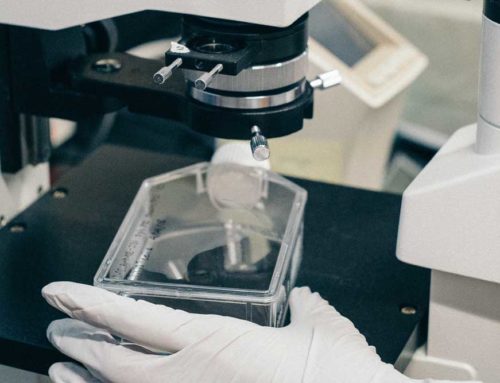Adolescent Binge Drinking Persistently Shifts Microglia to a Proinflammatory Phenotype through Reversible Epigenetic Reprogramming
2023 Award: $98,592
In addition to increasing risk for later development of an alcohol use disorder, adolescent binge drinking increases neuroinflammation in brain that persists into adulthood contributing to neuropathology. In this project, we will investigate the mechanism underlying persistent neuroinflammation in brain using a preclinical rat rodent model of adolescent binge drinking. Findings from the preclinical rat studies will provide an initial step toward understanding molecular mechanisms underlying persistent neuroinflammation in brain and mechanisms of reversal.
Need/Problem: Alcohol use disorder (AUD) is a chronic relapsing disease characterized by uncontrolled drinking and preoccupation with alcohol despite adverse life and health consequences. An early adolescent age of alcohol binge drinking is highly predictive of developing an AUD and other psychiatric disorders later in life. For instance, individuals that initiate alcohol drinking during early adolescence (i.e., before age 15) are 5 times more likely to develop an AUD later in life than individuals who abstain until age 21 or older. Human AUD and rodent models of adolescent binge drinking find persistently increased proinflammatory neuroimmune signaling molecules in brain despite abstinence from continued alcohol consumption. While emerging studies link proinflammatory signaling to multiple psychiatric diseases including depression, schizophrenia, dementia, and addiction, the mechanism underlying persistent proinflammatory neuroimmune signaling in brain is poorly understood.
Grant Summary: We will investigate whether adolescent binge drinking in a preclinical rodent model shifts microglia (the primary immune cells of the brain) to a proinflammatory phenotype through epigenetic modifications that drives neuroinflammation that persists into adulthood.
Goals and Projected Outcomes: This study will provide preliminary data on epigenetic mechanisms underlying microglial involvement in persistent induction of proinflammatory signaling in the adult brain. The proposed studies on lasting adolescent binge alcohol-induced microglial epigenetic proinflammatory phenotype changes explores novel epigenetic and plasticity mechanisms that have therapeutic potential for the treatment of AUD and other psychiatric disorders associated with neuroinflammation.

Ryan Vetreno, PhD
Grant Details: Human AUD and preclinical rodent models of adolescent binge drinking find persistent, long-lasting induction of neuroinflammation in brain, and neuroinflammation is linked to most, if not all neuropsychiatric disorders. However, our understanding of the mechanism underlying persistent induction of neuroinflammation in brain is lacking. The role epigenetic modifications play in persistent adolescent binge alcohol drinking-induced microglial phenotype changes is unknown, but hypothesized to be key to proinflammatory neuroimmune signaling that persists into adulthood in association with lasting neuropathology that are reversible, providing potential therapeutic targets for the treatment of AUD and other psychiatric disorders. In this project, we will test the hypothesis that adolescent binge drinking shifts brain microglia to a proinflammatory phenotype through epigenetic modifications that drives neuroimmune signaling that persists into adulthood. Results will identify novel epigenetic mechanisms underlying adolescent binge alcohol-induced long-lasting microglial shifts to a proinflammatory phenotype and accompanying proinflammatory signaling that persists in the adult brain. Reversibility of microglial proinflammatory phenotype and proinflammatory signaling opens opportunities for potential restorative therapies targeting risk factors for AUD as well as a broad range of neurodevelopmental and neurodegenerative diseases.



